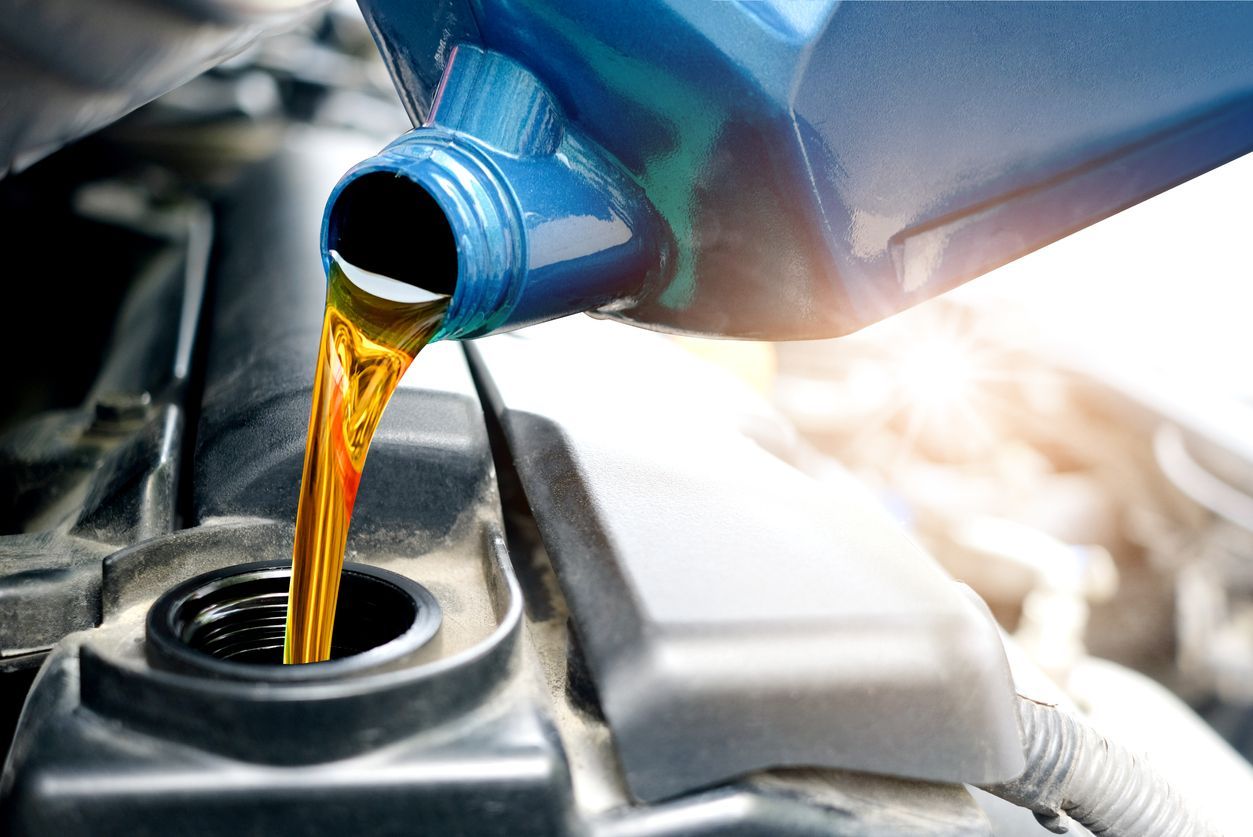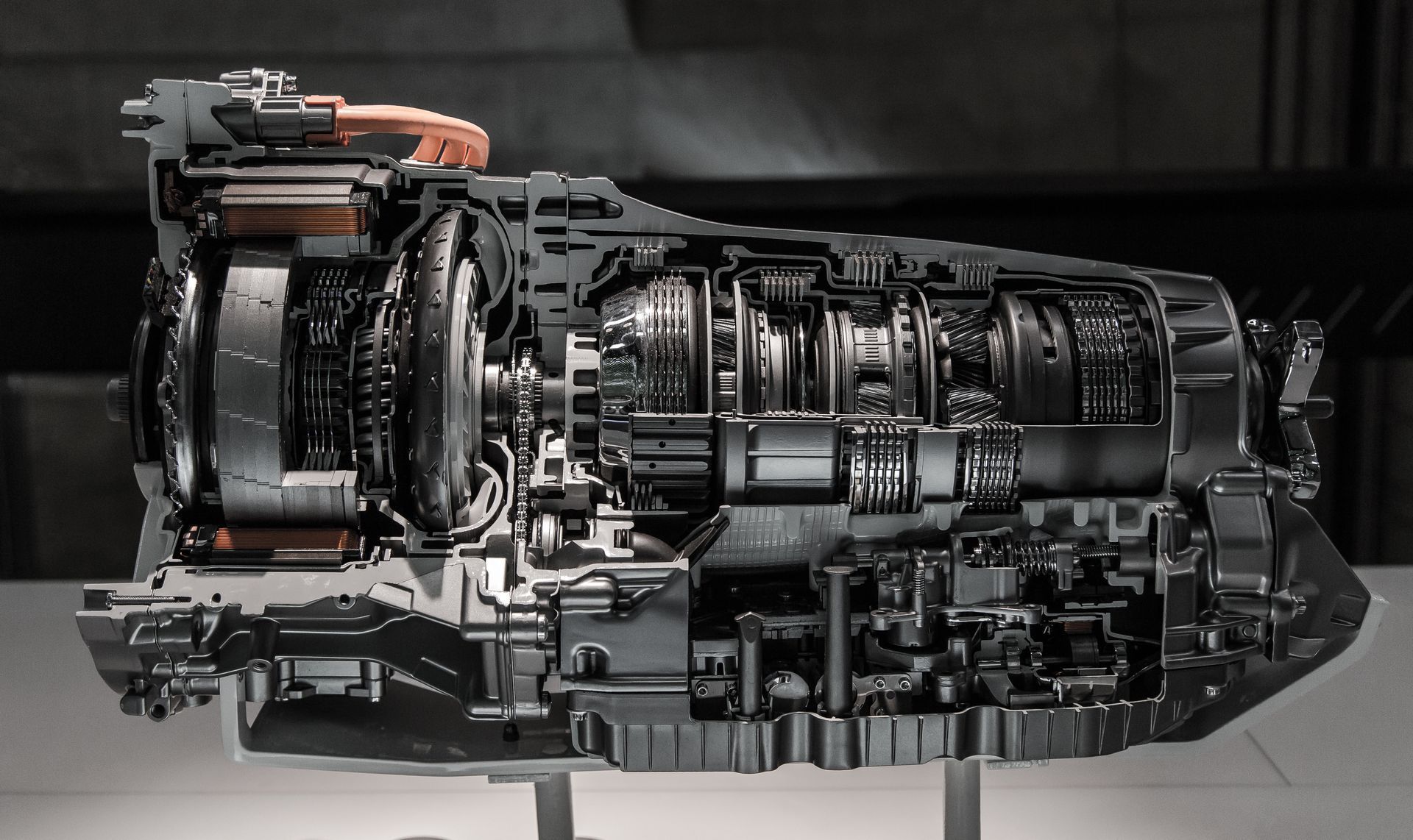What Symptoms Indicate a Bad Alternator
A bad alternator can cause all kinds of issues for your vehicle, but how do you know when it’s to blame? The alternator keeps your car running by charging the battery and powering various electrical systems. When it starts to fail, you’ll notice a variety of symptoms that will leave you stranded if not addressed. Let’s dive into some of the key signs that your alternator is on its way out and what you should do about it.
Dimming or Flickering Lights
One of the first things you'll likely notice when your alternator begins to fail is that your vehicle's lights start acting up. The alternator powers your headlights, interior lights, and dashboard indicators, so those lights can dim, flicker, or behave inconsistently when it's not working properly. If your headlights seem weaker at night or flicker when you’re idling but brighten when you rev the engine, it’s a strong sign that your alternator may not be charging the system as it should.
It’s easy to brush off dimming lights as an annoyance, but they’re an early warning of more severe electrical issues. Ignoring this symptom could lead to complete electrical failure, leaving you stuck on the road.
Dead Battery?
A common misconception is that a dead battery always means the battery itself is faulty. However, if your battery dies even after a recent charge or replacement, your alternator could be to blame. The alternator’s primary job is to recharge the battery while the engine is running. When it fails, the battery isn’t getting the charge it needs to keep your car’s systems functioning.
You may notice that your vehicle struggles to start, or it might not start at all. If jump-starting the car only works temporarily and the battery dies again soon after, it’s time to check your alternator. Constantly replacing batteries without checking the alternator is a common mistake that can cost you more in the long run.
Unusual Noises Coming from the Engine
We all know that certain car noises signal something is wrong, but what about the sounds associated with a bad alternator? A failing alternator can produce a variety of unusual noises, such as grinding or whining. This happens because the alternator's internal components, like the bearings, can wear out over time.
A grinding noise suggests that the bearings are deteriorating, while a whining noise often indicates an issue with the alternator belt, which may be too loose or too tight. Either way, these sounds are a clear indicator that your alternator might need attention. Ignoring them could lead to a total alternator failure, putting you in a bind at the worst possible time.
Electrical Failures and Malfunctions
As the alternator begins to fail, your car’s electrical systems might start to malfunction. Since the alternator powers essential systems like the power windows, locks, and dashboard lights, a weak alternator can cause them to work intermittently or stop functioning altogether.
Some drivers notice that their radio or infotainment system stops working correctly or that their car’s air conditioning and heating systems lose power. If you experience any of these symptoms along with others, like dimming lights or a dying battery, the alternator is likely the root cause.
Warning Light on the Dashboard
Most modern vehicles are equipped with dashboard warning lights that alert you to problems in the engine or electrical system. While the battery light might indicate a problem, it could also point to an alternator issue. If your car’s battery warning light comes on while driving, especially with other electrical issues, it’s time to check your alternator.
In some vehicles, you might see a warning light shaped like a battery or labeled as “ALT” or “GEN” for an alternator or generator. Either way, if that light is illuminated, it's your car's way of telling you that the charging system isn't working properly, which often points directly to the alternator.
Trouble Starting or Frequent Stalling
One of the more alarming signs of a bad alternator is when your car has trouble starting or stalls frequently. While many factors can contribute to stalling, a failing alternator is a likely culprit. When the alternator can't keep the battery charged, the car may crank slowly when you try to start it, or it might not start at all. Once the engine is running, a failing alternator can cause the engine to stall because it's not providing enough power to keep all systems running smoothly.
If your car is stalling frequently, this is a red flag. It’s crucial to get your vehicle inspected and repaired as soon as possible to prevent further damage and potential breakdowns.
Don’t let a failing alternator leave you stranded. Bring your car to
Car Craft of Athens
for an expert inspection and repair. We’ll have you back on the road in no time, knowing that your vehicle is safe and reliable.





